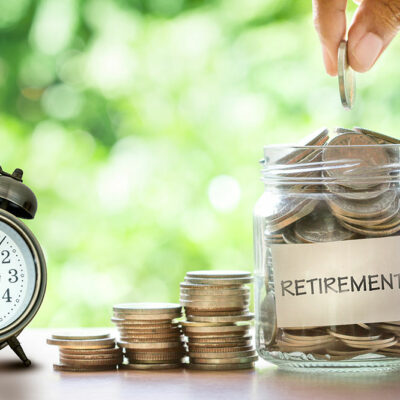
Coping with urges that can trigger a relapse post treatment
Addictions when left untreated can turn into crippling conditions. One can be addicted to smoking, binge drinking, or even shopping. Once addicted, one willfully submits to urges, despite having satisfied them before. However, addictions can be managed and to a great extent treated to full recovery. But, the post-recovery phase is crucial where both the mind and body are put to test and can trigger a relapse. Continue reading to know more about the most common triggers for addictions and how to deal with them. Stress Stress is commonly the root cause of many problems and addictions, both physical and psychological. One can become an addict as a way to manage the stress that may stem from strained relationships or priorities. The best way to avoid a relapse during recovery is to make lifestyle changes that don’t trigger a return to addictions amidst a stressful situation. One can practice mindfulness, engage in relaxation techniques, manage one’s time to avoid stressful situations, and imbibe healthy eating habits and exercise in their daily routine. Emotions There is an umpteen number of triggers that invoke a positive or negative emotional response. However, the stress associated with dealing with emotions daily can trigger urges without one even realizing.
Read More 





